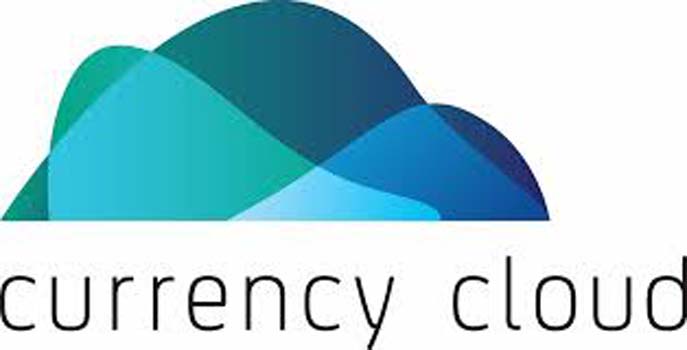For our readers who are not aware, can you explain what Currency Cloud is and its role within the payments industry?
Currency Cloud has built an efficient technology platform that fully automates international payments for businesses. By plugging into our API, companies benefit from real time wholesale rates and a fast, secure payment network. By providing this end-to-end service, we allow our customers to pass the heavy lifting of payments infrastructure setup onto us and focus on their core business. The companies that use our API include banks, payment service providers, large e-commerce businesses, FX brokers, remittance firms, card processors, prepaid card companies and business payment firms.
Do you see cryptocurrencies such as Bitcoin as a threat to your company?
The real costs in international money transfer are embedded in the onboarding of customers and meeting regulatory and compliance requirements. Currently cryptocurrencies only address the actual transaction cost, which is a very small percentage of the real costs, so they do not really provide cost savings over newer, completely digitized money transfer schemes. Positioned against banks, they’re cheaper and easier, but compared to ourselves and many of our customers, not really. Additionally, as long as Bitcoin and other cryptocurrencies are not the world’s reserve currency — and we have a long time to wait before that’s the reality — any cross border money transfer requires local sources of liquidity, which also is a cost. Some cryptocurrencies are currently handling this with pools of hedge fund-sourced local currency. So as currently configured, I don’t see cryptocurrencies addressing the real cost issues in cross border money transfer; namely compliance, regulation and liquidity. There is a real future for distributed ledger clearing systems, but we’re not there yet.
What sets Currency Cloud apart from its competition?
What sets Currency Cloud apart, first and foremost, is the accessibility and flexibility of our API. We’re a technology company, and the ease of integration we built into our programming interface means our clients can get up and running in a matter of days. This completely remodels the way our clients build their business, as we can often help them take solutions to market in less than a month. This is transformationally different from a traditional payments provider. Moreover we’re differentiated by the breadth of our offering, which enables our customers to convert, pay, and manage all payments through one integration. This single integration gives our customers scaled access to various payment systems and real time foreign exchange.
As the payments industry rapidly evolves, what is Currency Cloud doing to keep up with the change?
Currency Cloud’s solution is, in fact, powering much of the change in payments today. We sit behind a large number of leading FinTech firms and payment companies, which enables them to tap into a market that otherwise has extremely high barriers to entry. As new technologies emerge, we’ll continue to integrate into them to provide a world class offering to our customers, but our focus remains to relentlessly simplify the complex world of international payments for businesses.
Moreover, our development schedule is really dictated by our clients. We often build features in response to the capabilities that they seek, which structurally allows us to remain relevant and focused in a rapidly advancing ecosystem. Since the beginning, we’ve emphasized our mandate to remain nimble and facilitate continuous development of our service to support the needs of global businesses.
What are some of the main complications that Currency Cloud resolves as it relates to making payments globally?
For something that businesses have to do every day, the world of payments remains incredibly complex. Payment firms and banks find themselves needing to integrate with a number of different entities in order to provide a complete service. Currency Cloud has integrated with numerous FX and payment systems worldwide and when our clients elect to work with us, they only have to integrate with one platform. Finally because we provide this at scale, we’re able to access rates that are otherwise available only to large multinational firms.
